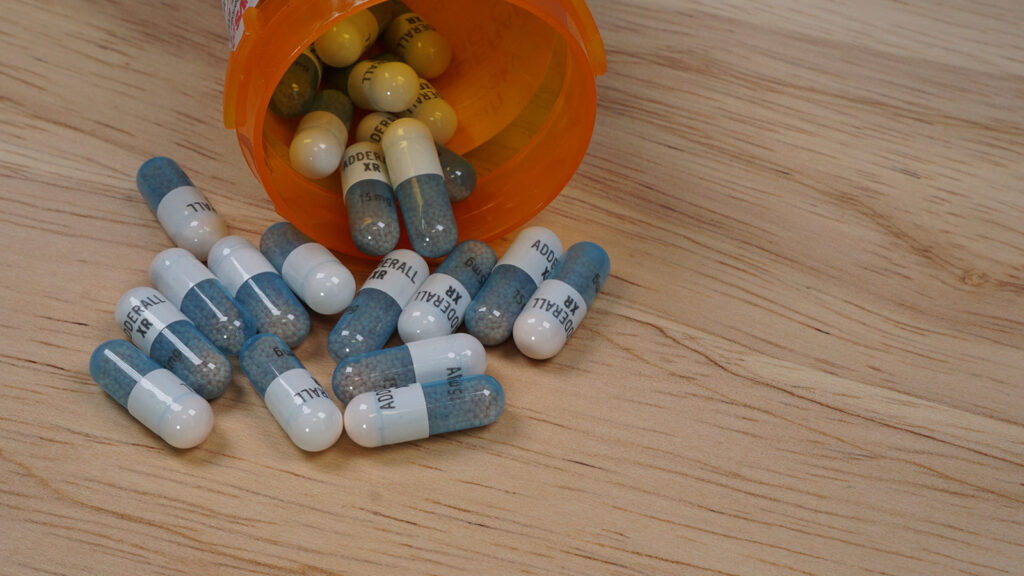Yes, you can build a tolerance to Adderall over time. Tolerance means that your body becomes less responsive to the drug, and you may need a higher dose to achieve the same effects you once experienced at a lower dose.

Here’s how it typically works:
- Short-term tolerance can develop quickly, especially to some of the euphoric or stimulating effects.
- Long-term tolerance may develop with ongoing, daily use—particularly if taken at higher doses or not as prescribed.
Signs of Adderall tolerance:
- The medication feels less effective.
- You feel the need to take more to concentrate or feel alert.
- Symptoms of ADHD (or the condition it was prescribed for) begin to return.
- you can build a tolerance to Adderall
Important distinctions:
- Tolerance ≠ Addiction, though the two can be linked. Tolerance is a physical adaptation; addiction includes behavioral patterns like cravings or misuse.
- Dependence can also develop, where your body needs the drug to function “normally.”
What to do if you think you’ve built a tolerance:
- Do not increase your dose without medical guidance.
- Talk to your prescribing doctor. They might:
- Adjust your dosage or timing.
- Recommend a “drug holiday” (planned break).
- Switch to a different medication or formulation.
- Add behavioral strategies to supplement the medication.
Managing Tolerance
If you suspect you’re building a tolerance to Adderall, it’s crucial to speak with your prescribing healthcare provider. They may suggest various strategies such as:
- Medication Breaks (Drug Holidays): Short breaks from the medication to allow your body to reset its response.
- Dose Adjustment: Adjusting the dose up or down, or switching to a different medication like Vyvanse, Ritalin, or non-stimulant options.
- Behavioral Therapies: Integrating therapy to support ADHD management without solely relying on medication.
Conclusion
Tolerance to Adderall is a real and potentially challenging outcome of long-term use. While it doesn’t affect everyone in the same way, being aware of the signs and communicating with your doctor can help prevent complications. Adderall remains an effective treatment for many, but it works best when combined with regular monitoring and a comprehensive treatment plan that includes behavioral strategies and lifestyle support.
Leave a Reply